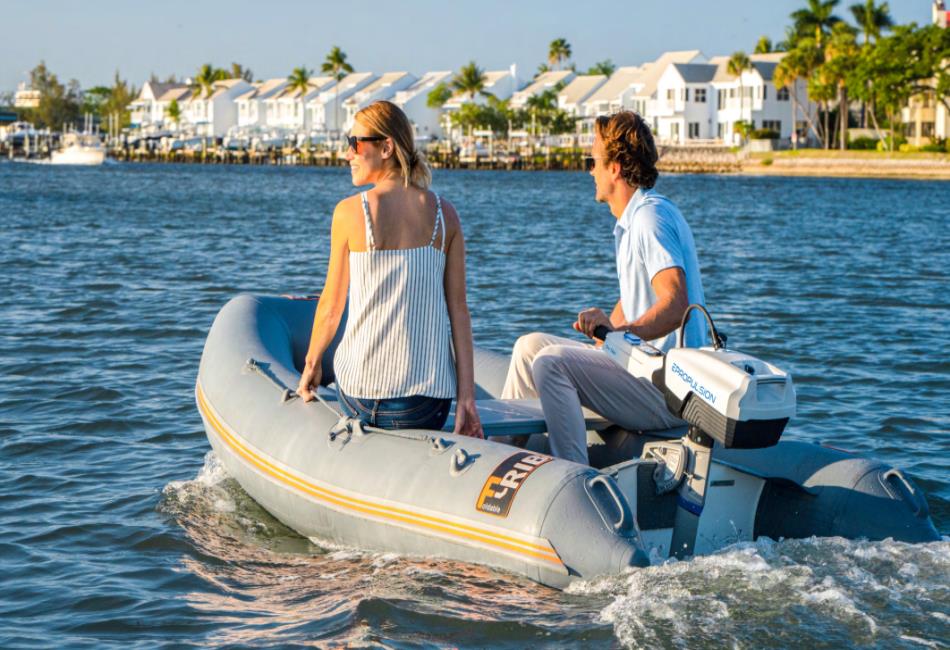Purchasing a motor for your vessel is a significant decision that can greatly influence your boating experience. With various options available, it’s essential to understand what elements will best suit your needs. This guide will explore important aspects to consider when selecting a motor, ensuring you make an informed choice that enhances your time on the water.
Horsepower Needs
Understanding the horsepower required for your vessel before buying boat motors and outboard engines is crucial. The right horsepower ensures optimal performance, allowing your boat to achieve the desired speed and handling. Consider the size and weight of your craft, as well as how you plan to use it. For instance, larger boats generally require more power, especially if you intend to carry heavy loads or navigate challenging waters.
Fuel Efficiency
Fuel efficiency is another critical aspect when selecting a motor. A more efficient engine saves money on fuel and reduces environmental impact. Look for motors that offer advanced technology and design features aimed at improving fuel consumption. Some manufacturers provide fuel economy ratings, which can help you compare options effectively.
Budget Considerations
Establishing a budget is vital in the purchasing process. Prices for motors can vary significantly based on brand, features, and specifications. It’s essential to determine how much you’re willing to invest without compromising quality. Keep in mind that while a lower initial cost may seem appealing, it could lead to higher maintenance expenses or reduced performance in the long run.
Durability
The motor’s durability is paramount, especially if you plan to use your vessel frequently or in harsh conditions. Look for engines constructed from high-quality materials that can withstand wear and tear over time. Research reviews and testimonials from other boaters to gauge reliability and performance under various conditions. Additionally, consider warranty offerings; a robust warranty can indicate confidence from the manufacturer regarding their product’s longevity.
Compatibility
Ensuring compatibility between the motor and your vessel is essential for optimal performance. Weight distribution, shaft length, and mounting options must align with your boat’s specifications. An incompatible motor can lead to poor handling and increased wear on both the engine and the vessel itself. Before purchasing, consult your boat’s manual or speak with an expert to confirm that the motor meets all necessary compatibility requirements.
Usage Type
Your intended usage will greatly influence your choice of motor. Different activities—such as fishing, water sports, or leisurely cruising—may require different types of engines with varying features. For example, if you plan on engaging in water sports that demand quick acceleration and high speeds, you’ll need a motor designed for performance. Conversely, if leisurely cruising is more your style, a quieter engine with good fuel efficiency may be preferable.
Shaft and Tilt Specs
Understanding shaft length and tilt specifications is crucial for ensuring proper installation and performance. The shaft length must be appropriate for your boat’s transom height; an incorrect length can lead to inefficient operation or damage. Additionally, consider tilt options—some motors offer adjustable tilt angles that enhance maneuverability in various water conditions.
Choosing the right boat motors and outboard engines for your vessel involves careful consideration of several important aspects. By assessing horsepower needs, fuel efficiency, budget constraints, etc, and specific technical specs like shaft length and tilt options, you can make an informed decision that enhances your boating experience. Take the time to research thoroughly and consult with experts when necessary. Doing so will ensure that you invest in a motor that meets your needs and provides reliable performance for years.
